Understanding Probation in Texas
Probation is a form of community supervision that allows individuals convicted of various offenses to avoid jail time by adhering to specific conditions set by the court.
The conditions of probation can vary widely but typically include regular meetings with a probation officer, mandatory counseling or rehabilitation programs, payment of fines and restitution, community service, and adherence to curfews.
The Texas legal system takes probation violations seriously. Failing to comply with these conditions can result in serious consequences, including the revocation of probation and imprisonment. Having experienced legal representation is the best way to ensure that your rights are upheld.
Common Probation Conditions
The conditions of probation are tailored to each individual but often include several common requirements designed to monitor and support rehabilitation. These may include:
- Regular Meetings with a Probation Officer
Scheduled check-ins to ensure compliance. - Employment Requirements
Maintaining steady employment or actively seeking work. - Community Service
Completing a specified number of community service hours. - Drug and Alcohol Testing
Regular tests to verify sobriety. - Counseling or Treatment Programs
Participation in drug, alcohol, or mental health counseling. - No-Contact Orders
Avoiding contact with certain individuals or locations. - Travel Restrictions
Staying within a specified geographic area without prior approval.
It’s important to note that probation conditions are heavily contingent on the nature and severity of the offense, as well as the individual’s prior criminal history.
Probation Violations
Violating the terms of probation can result in significant penalties, including imprisonment. Common probation violations include:
Common Probation Conditions
- Missed Meetings
Failing to attend scheduled meetings with a probation officer. - Failed Drug Tests
Testing positive for drugs or alcohol. - New Criminal Charges
Being arrested or charged with a new offense. - Non-Compliance With Court Orders
Ignoring specific orders. such as restraining orders or community service requirements. - Leaving Jurisdiction
Traveling outside the allowed area without permission. - Failure to Pay Fines or Restitution
Not paying court-ordered fines or restitution.
If you’re accused of violating probation, it’s vital to take immediate legal action to defend your rights and potentially avoid harsher penalties.
Possible Penalties for Violating Supervision
As mentioned, violating probation can lead to several penalties, which vary depending on the nature and severity of the violation. They include:
- Extended Probation
Additional time added to your existing probation period. - Fines
Imposition of additional fines or penalties. - Rehabilitation Programs
Mandatory enrollment in drug, alcohol, or behavioral programs. - Increased Supervision
More frequent check-ins or stricter monitoring. - Incarceration
Possible jail or prison time for severe or repeated violations.
These are just the legal penalties. A probation violation can impact every aspect of your life, leading to various legal and personal repercussions, such as:
- Arrest Warrants
The issuing of a warrant for your arrest. - Court Hearings
Requirement to attend court hearings to address the violation. - Revocation of Probation
Potential revocation of probation and imposition of the original jail sentence. - Employment Issues
Difficulty maintaining or finding employment due to legal troubles. - Reputation Damage
Negative impact on your personal and professional reputation.
The fact that you have so much to lose by violating the terms of your probation makes working with a qualified probation violation lawyer essential.
Our Legal Strategies to Protect Your Rights
The formidable team at Turnbull Legal Group employs a strategic approach to defend clients against probation violation accusations. Our process includes:
- Thorough Case Review
Reviewing the details of your case and violation in depth. - Evidence Gathering
Collecting evidence to support your compliance or explain the violation. - Negotiations
Engaging with probation officers and prosecutors to seek alternative solutions. - Court Representation
Aggressive representation in court to argue for leniency or dismissal of the violation. - Post-Hearing Support
Continued support and guidance after the court hearing to ensure compliance.
No matter what circumstances have led to the alleged violation, our lawyers are ready to provide the robust defense you need.
What Is a Motion to Revoke Probation?
When someone is alleged to have violated the terms of their probation, their probation officer or a judge may file a motion to revoke probation. This motion initiates a court hearing in which the judge will determine whether the violation occurred and what penalties should apply.
Our attorneys have ample experience defending against such motions and can present evidence and arguments to mitigate or dismiss the allegations.
What Is a Motion to Adjudicate?
A motion to adjudicate is filed when a probationer on deferred adjudication is accused of violating one or more probation terms. If granted, the court will make a judgment on the original charge and impose a sentence. This process can result in harsh penalties, including incarceration.
Our legal team will vigorously defend you against these motions, working to present mitigating factors and challenge the evidence presented by the prosecution.
Take Action Now: Contact Our Houston Probation Violation Lawyers
Don't let a probation violation jeopardize your future. Our experienced Houston probation violation lawyers are here to provide the robust defense you need. We understand what’s at stake and will do everything in our power to minimize the consequences you face.






























